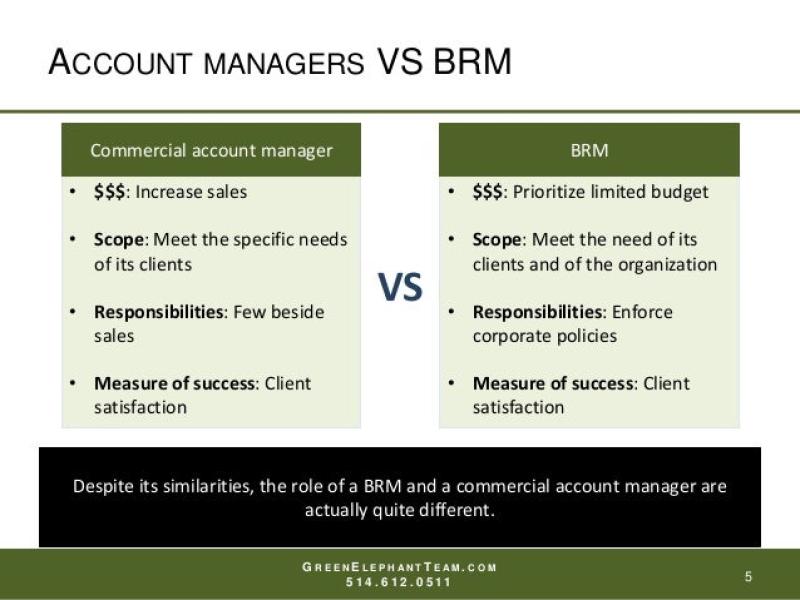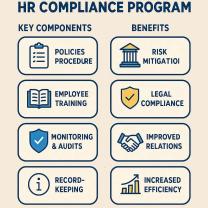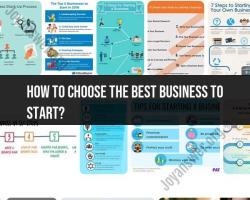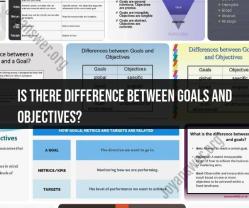What is the role of a relationship manager?
A Relationship Manager plays a crucial role in building and maintaining positive relationships between a company and its clients, customers, or partners. The specific responsibilities can vary depending on the industry and the nature of the business, but here are some common aspects of the role:
Client Engagement: Relationship Managers are responsible for engaging with clients or customers to understand their needs, concerns, and expectations. They work to build a deep understanding of the client's business and industry.
Business Development: Relationship Managers often play a role in identifying and pursuing new business opportunities. This may involve expanding existing relationships or cultivating new ones to drive revenue growth for the company.
Communication: Effective communication is a key aspect of the role. Relationship Managers must be able to convey information clearly and establish open lines of communication with clients. This includes providing updates, addressing concerns, and ensuring that the client's expectations are met.
Problem Resolution: When issues or challenges arise, Relationship Managers work to address them promptly and effectively. This involves collaborating with internal teams to find solutions and ensuring that the client remains satisfied with the company's products or services.
Client Retention: Retaining existing clients is often as important as acquiring new ones. Relationship Managers focus on building long-term, mutually beneficial relationships to encourage client loyalty and repeat business.
Cross-Selling and Upselling: Relationship Managers may identify opportunities to cross-sell additional products or services to existing clients. This involves understanding the client's needs and offering relevant solutions that contribute to their success.
Risk Management: Relationship Managers also assess and manage risks associated with client relationships. This includes identifying potential challenges and implementing strategies to mitigate risks to the satisfaction of both the client and the company.
Market Knowledge: Staying informed about industry trends, market conditions, and competitors is essential. Relationship Managers need to be well-versed in their field to provide valuable insights and advice to clients.
Collaboration: Relationship Managers collaborate with various internal teams, including sales, marketing, customer support, and product development. They act as a bridge between the client and the company to ensure a cohesive and positive experience.
Feedback Collection: Gathering feedback from clients is crucial for continuous improvement. Relationship Managers often collect and analyze client feedback to identify areas for improvement and enhance the overall client experience.
In summary, the role of a Relationship Manager revolves around fostering strong connections with clients, understanding their needs, and ensuring the company's products or services align with those needs. Effective relationship management contributes not only to client satisfaction but also to the overall success and growth of the business.
What are the key responsibilities of a relationship manager in a business setting?
The key responsibilities of a business relationship manager (BRM) can be categorized into three main areas:
1. Building and Maintaining Relationships:
- Develop and nurture strong relationships with key clients and stakeholders.
- Build trust and rapport by actively listening to clients' needs and concerns.
- Regularly communicate with clients to keep them informed of their progress.
- Anticipate and address client issues promptly and efficiently.
- Organize and participate in meetings and events to maintain positive relationships.
- Network with other professionals to generate leads and build business opportunities.
2. Understanding and Addressing Client Needs:
- Identify and assess client needs and requirements.
- Develop tailored solutions and proposals to meet client objectives.
- Present solutions in a clear, concise, and persuasive manner.
- Negotiate contracts and agreements to ensure mutually beneficial outcomes.
- Monitor client satisfaction and implement measures to improve service quality.
- Provide ongoing support and guidance to clients.
3. Driving Business Growth:
- Identify opportunities for upselling and cross-selling existing products and services.
- Develop and implement strategies to expand the client base and increase revenue.
- Collaborate with other departments to develop and launch new products and services.
- Analyze market trends and identify potential risks and opportunities.
- Contribute to the development and implementation of strategic plans.
- Measure and track the impact of their work on the company's success.
In addition to these core responsibilities, BRMs may also be responsible for:
- Managing a portfolio of clients.
- Developing and maintaining budgets.
- Preparing reports and presentations.
- Participating in training and development programs.
- Mentoring and coaching other employees.
The specific responsibilities of a BRM will vary depending on the size and structure of the organization, the industry they work in, and their level of experience. However, the core focus of their role remains the same: building and maintaining strong relationships with clients, understanding and addressing their needs, and driving business growth.













